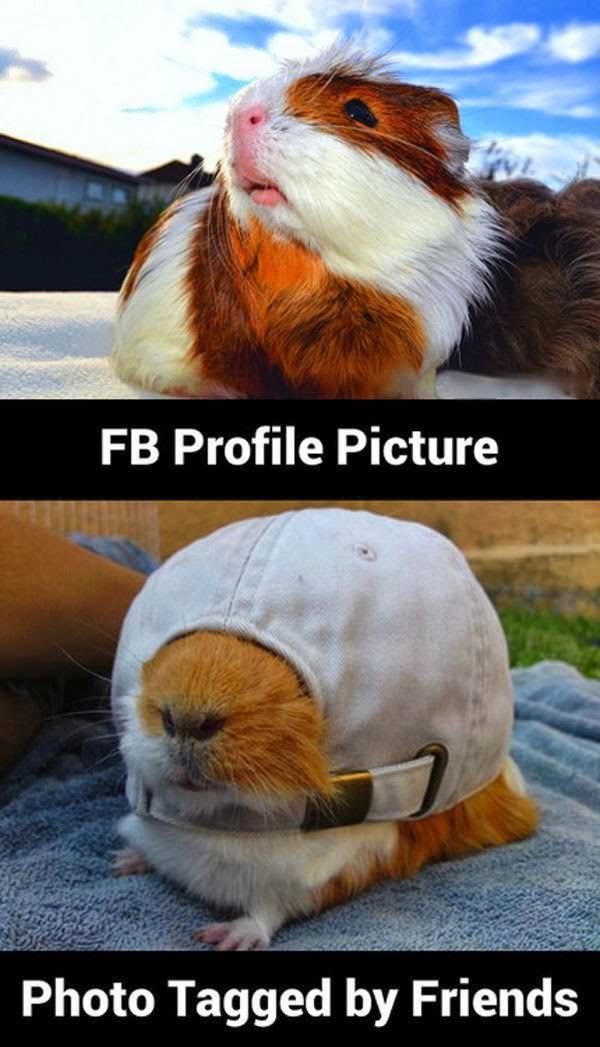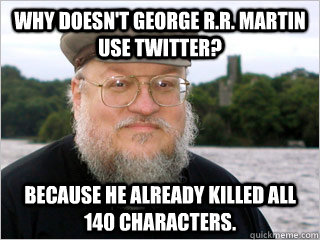From my experience dealing with avatars or
profile pictures, I have learnt to always take them with a grain of salt (or a
bucket in some cases). No one is ever going to be able to show you a complete
rundown of themselves in the space of a Facebook ‘about me’, and so as E.T.
Higgins, author of Self-Discrepancy: A
theory relating self and affect, says; people ‘mediate their image,
strengthen their virtues’. In doing so, people often present an image of their
ideal self rather than their actual self. The following image from
theincredible-s’s Tumblr page (2014) shows a humorous representation of Stage 1
of Baudrillard’s Hierarchy of Simulation (1994).
By creating this notion of an ‘ideal self’
it becomes apparent what societal ideals are nowadays. Just by playing Second
Life or any other game requiring a custom avatar, you can see how people want to look, and how other people react
to them. For example, if I were to create an avatar for an online game (lets
just use Second Life as an example), and my avatar had bright green hair and
wore a clown costume with fairy wings, no one would believe that was an
accurate representation of what I actually look like, so why are we all so
caught up on creating a ‘perfect’ looking avatar?
This need to be ‘perfect’, in my opinion,
stems from a vast array of influences. One of the main influences on people
these days is mainstream media. As seen in the image above (Refinery 29 2013),
photos of otherwise beautiful people are ‘photoshopped’ to fit societal ideals.
This falls into the second stage of Baudrillard’s Hierarchy of Simulation
(1994), which is a misrepresentation of an original, created purely to fuel the
need for an ideal world.
In my opinion, when I upload a photo of
myself to Facebook or Instagram, I am the only one who actually cares about it.
Sure, people may ‘like’ it or comment on it, but no one is sitting there thinking,
“I wonder when Mollie is going to upload another photo of herself”. So why are
we all trying to please people who really couldn’t care less?
References
Baudrillard, J 1994, Simulacra and Simulation, 2nd ed. University of Michigan
Press, USA.
Higgins, E. T. 1987, ‘Self Discrepancy: A Theory Relating Self and Affect’ Vol 94,
Psychological Review, The American Psychological Association Inc. New York.
Theincredible-s, FB Profile Picture, photo tagged by friends, viewed 27 January
2014, <http://theincredible-s.tumblr.com/tagged/facebook>
‘Jennifer Lawrence Photoshop Fail’,
Refinery 29, viewed 27 January 2014, <http://www.refinery29.com/2013/12/59162/jennifer-lawrence-flare-photoshop-fail>










